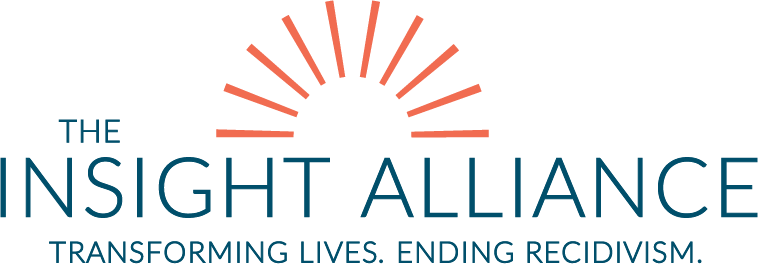
Restorative Roots Project
Our new restorative justice program is a collaboration with Impact Justice, the Multnomah County District Attorney’s Office, and Metropolitan Public Defenders.
Program Overview
Starting in August 2022, we are piloting a pre-indictment restorative justice alternative for serious harms otherwise subject to terms of imprisonment. This program will utilize the established Restorative Community Conferencing (RCC) model which brings together the person who caused harm, the person harmed, and impacted community members into an accountability process that heals and builds and strengthens relationships in the community.
Young adults (18-30 years) charged with First and Second Degree Robbery, and/or Assault in the Second Degree, will be referred to this program. The person who experienced harm and the responsible person(s) must both consent to the referral. All participation in the program is voluntary. Multnomah County District Attorney, in partnership with the Metropolitan Public Defender’s (MPD) office and private defense counsel, will refer participants to our program. In such a pre-indictment model, criminal charges are paused upon enrollment in the program and only reinstated if the restorative justice process is not completed.
Our eligible offense types require minimum sentences ranging from 5 yrs, 10 mo to 7 yrs, 6 mo. These presumptive sentences have an outsized impact on Black, Indigenous, and People of Color in Multnomah County as data reveals racial disparities amongst those charged with Robbery and Assault as young adults. For example, while only 6% of Multnomah County is Black, Black defendants account for 41% of all Robbery cases and 30% of all Assault cases.
*Graphic courtesy of Impact Justice
Restorative Justice
At its core, Restorative Justice is about relationships; how you create them, maintain them, and mend them. It is based on the philosophy that we are all interconnected, that we live in relationship with one another, and that our actions impact each other. Restorative Justice is a philosophy in which we analyze the ways we show up and occupy spaces, interact/react to conflict, and actively oppose systems of oppression. It is an internal and cultural shift from punitive measures that instead focuses on healing harms when they occur. This shift is rooted in the value of building and maintaining relationships. Restorative Justice without equity is neither restorative nor just. Restorative Justice values are not new, it is an indigenous practice that has been done on many continents around the world.

